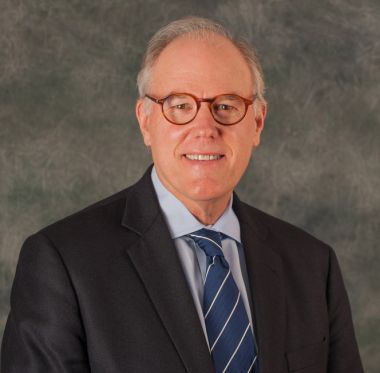Introduction
One of the biggest winners in the new financial services overhaul bill are the nation’s auto dealerships, which are now exempt from oversight by the federal Consumer Financial Protection Bureau. Just as questionable practices by subprime lenders gave the mortgage industry a bad name — and contributed to the financial meltdown — there is a growing record of abuse in the auto financing industry. According to court records examined by the Center, the push to pump up profits includes tactics such as:
- Unapproved charges and fees slipped into loan documents;
- Interest rates jacked up to 17 percent or higher without customer knowledge;
- Income amounts doubled or tripled so customer qualifies for unaffordable loans; and
- Signatures forged on financing paperwork.
For most consumers, auto loans are their first or second-largest financial obligation. And auto lenders are not mom-and-pop shops but increasingly Wall-Street traded megadealer chains. Last year, AutoNation Inc. sold some 7 million vehicles and had revenues of $10.7 billion. Penske Automotive had $9 billion in revenue, and CarMax $7 billion. And, much like subprime lending, auto loans are repackaged and securitized on Wall Street. But despite the on-the-ground realities of auto financing, Congress gave the industry a pass. Car dealer associations spent some $3.5 million lobbying Congress on financial regulation and other issues, and the auto loan carve-out from federal oversight will be worth far more than the cost of lobbying.
This article originally appeared in The New York Times‘ “Room for Debate.”
Read more in Inequality, Opportunity and Poverty
Inequality, Opportunity and Poverty
The investment industry threatens state retirement plans to help workers save
States wrestle with impending retirement crisis as pensions disappear
Inequality, Opportunity and Poverty
As IRS crusades against Americans hiding money offshore, Latin American tax cheats flock to U.S. banks
IRS event today on plan to force banks to report foreign nationals’ accounts

Join the conversation
Show Comments